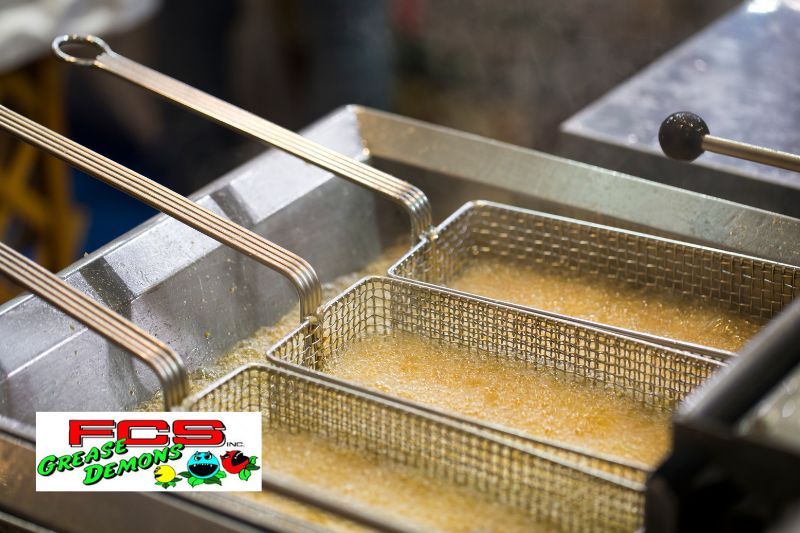How to Set Up an Efficient Used Cooking Oil Recycling Program for Your Restaurant
As a restaurant owner, managing waste is a crucial part of your daily operations. One significant waste product is used cooking oil. Proper used cooking oil recycling not only helps the environment but can also benefit your business. This guide will walk you through setting up an efficient recycling program for your restaurant.
Why Recycle Used Cooking Oil?
Understanding the benefits of recycling used oil is the first step. When you recycle, you reduce environmental pollution by preventing oil from ending up in landfills or sewers. Recycled oil can be converted into biodiesel and other useful products, showcasing various uses for used cooking oil beyond the kitchen. This not only supports sustainability but can also enhance your restaurant’s reputation.
Assess Your Current Oil Usage
Before setting up a program, assess how much used cooking oil your restaurant produces. This will help determine the size of storage containers you’ll need and the frequency of pickups. Knowing your output is essential for an efficient used oil recycling process.
Choose the Right Storage Solutions
Proper storage is key to safety and efficiency. Invest in containers specifically designed for used cooking oil. These should be durable, leak-proof, and easy to handle. Secure lids are important to prevent spills and keep out contaminants. Place the containers in a designated area that’s accessible for staff and recycling partners.
Find a Reliable Recycling Partner
Wondering, “Where can I recycle used cooking oil?” Start by researching local recycling companies. Look for partners who specialize in used oil recycling and offer services that fit your needs. Ensure they are licensed and comply with environmental regulations. A reliable partner will provide regular pickups and might even supply storage containers.
Understand the Used Oil Recycling Process
Educate yourself on the used oil recycling process. Recyclers collect the oil and filter out impurities. The purified oil is then processed into biodiesel or other products. Knowing this process can help you communicate the importance of recycling to your staff and customers.
Train Your Staff
Your staff plays a vital role in the success of the recycling program. Provide training on how to handle used cooking oil safely. Teach them what to do with what’s in the grease trap and how to transfer oil to storage containers without spills. Emphasize the environmental and business benefits of recycling used oil.
Implement Safety Measures
Safety should be a priority. Ensure that staff wears appropriate protective gear when handling hot oil. Regularly inspect storage containers for leaks or damages. Keep the storage area clean and free from obstacles to prevent accidents.
Can You Recycle Used Oil Yourself?
While it’s possible to recycle oil on your own, partnering with professionals is often more efficient. Professional recyclers have the equipment and expertise to process used cooking oil safely. They also ensure that the recycled oil meets industry standards for reuse.
Promote Your Recycling Efforts
Let your customers know about your commitment to sustainability. Display signs or add information to your menu about your used cooking oil recycling program. This can enhance your restaurant’s image and attract environmentally conscious patrons.
Explore the Benefits Further
Recycling used cooking oil can lead to cost savings. Some recyclers offer compensation for your oil, turning waste into an additional revenue stream. Additionally, proper disposal can prevent costly plumbing issues caused by oil clogging pipes.
Stay Compliant with Regulations
Ensure your recycling program complies with local laws and regulations. This includes proper storage, handling, and documentation. Compliance not only avoids legal issues but also demonstrates your restaurant’s professionalism.
Review and Improve Your Program
Regularly review your recycling program to identify areas for improvement. Gather feedback from staff and stay informed about new recycling options or technologies. Continuous improvement ensures the program remains efficient and effective.
Contact FCS, Inc for cooking oil recycling
Setting up an efficient used cooking oil recycling program is a smart move for any restaurant owner. It benefits the environment, supports sustainability, and can even improve your bottom line. By following these steps, you can establish a program that is safe, efficient, and beneficial for your business.

